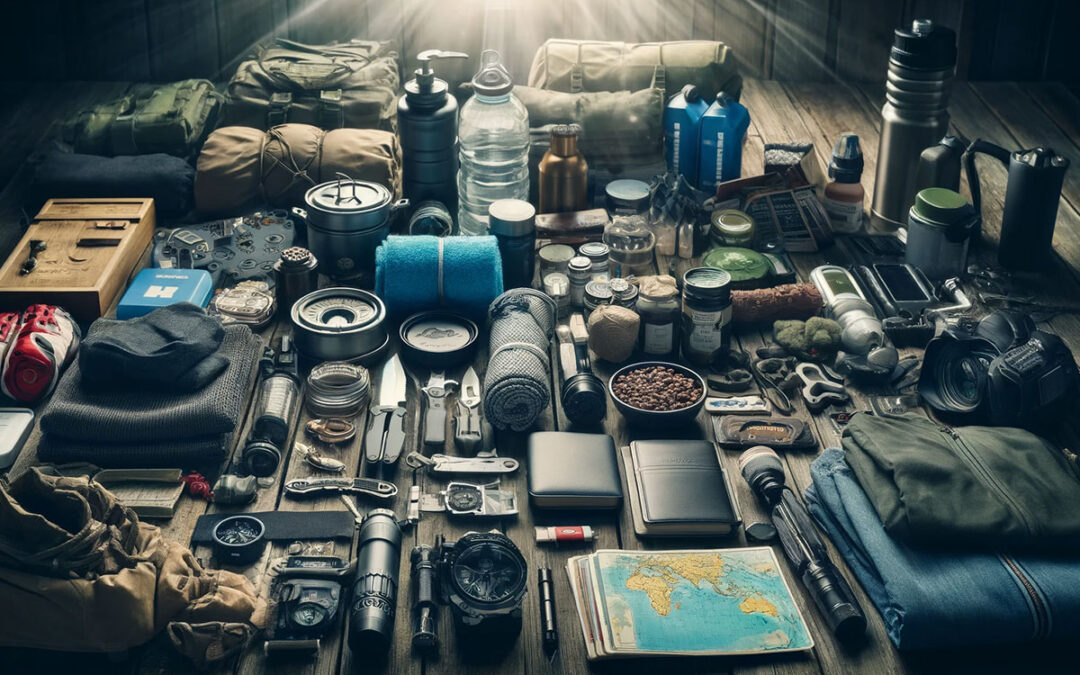Being stranded in the wild can be a scary and daunting experience, but with the right knowledge and skills, you can improve your chances of survival. Here are some tips and techniques to help you survive in the wild:
First and foremost, stay calm. Panicking will only make the situation worse and cloud your judgment. Take a few deep breaths and assess your surroundings. Look for shelter, water, and food, as these are essential for your survival.
Building a shelter should be your first priority. Look for natural materials such as branches, leaves, and moss to construct a simple shelter. Make sure it is sturdy and provides protection from the elements. A well-built shelter can keep you warm and dry, increasing your chances of survival.
Water is another crucial element for survival in the wild. Remember the rule of threes: you can survive three weeks without food, three days without water, and three hours without shelter in extreme conditions. Look for a source of water such as a stream, river, or pond. If you cannot find a natural source, collect rainwater or melt snow. Remember to purify the water before drinking it to avoid any potential contaminants.
Finding food in the wild can be challenging, but it is essential for your survival. Look for edible plants such as berries, nuts, and roots. Be cautious and avoid any plants that you are not familiar with, as they could be poisonous outdoor. You can also try hunting or fishing for protein-rich sources of food. Trapping small game or catching fish can provide you with the nutrients you need to stay alive.

Navigation is crucial when you are lost in the wild. Use natural signs such as the sun, stars, and landmarks to help you find your way. Pay attention to the direction of the wind, water sources, and animal tracks to guide you back to civilization. Carrying a compass and map can also be helpful, but knowing how to navigate without them is essential in case they get lost or damaged.
Fire can be a lifesaver in the wild. It provides warmth, light, and a way to cook food. Learn how to start a fire using natural materials such as dry leaves, twigs, and flint. Keeping a fire burning can also help signal for rescue if you are lost.
Rescue is always the goal when you are stranded in the wild. Make yourself visible to search and rescue teams by creating signals such as smoke, mirrors, or brightly colored clothing. Stay in one place and avoid wandering around, as this can make it harder for rescuers to find you.
Remember, the key to surviving in the wild is preparation. Before venturing into the wilderness, make sure you have the necessary skills, knowledge, and equipment to handle any situation that may arise. Stay calm, stay focused, and stay hopeful. With the right mindset and skills, you can increase your chances of survival in the wild.